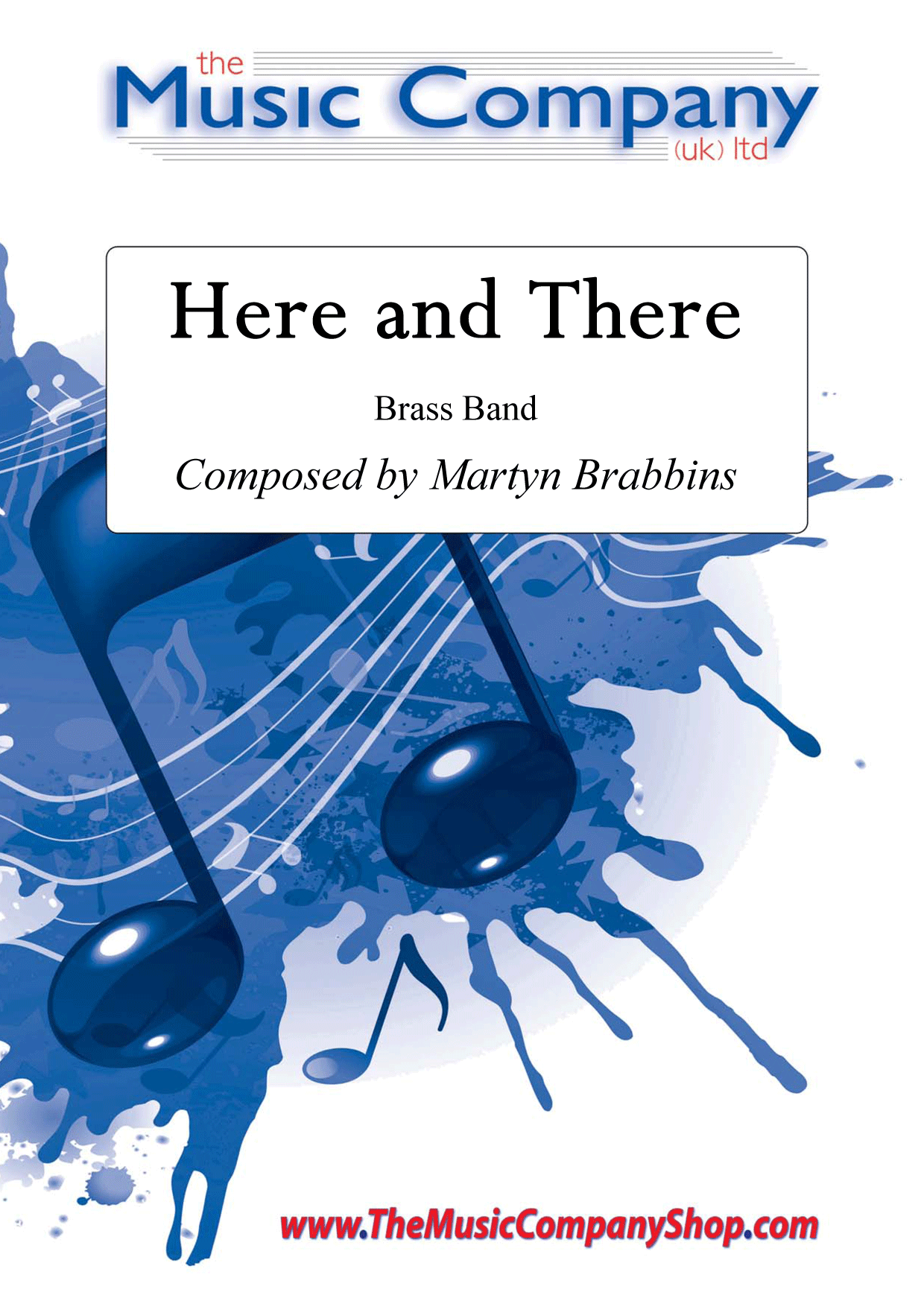Results
-
 £74.95
£74.95SYMPHONIC STUDY (Brass Band - Score and Parts) - Jacob, Gordon
Suitable for 2nd section bands and above
Estimated dispatch 7-14 working days
-
 £32.95
£32.95SYMPHONIC STUDY (Brass Band - Score only) - Jacob, Gordon
Suitable for 2nd section bands and above
Estimated dispatch 7-14 working days
-
 £82.95
£82.95SYMPHONIC SUITE (Brass Band - Score and Parts) - Lucas, Leighton
.
Estimated dispatch 7-14 working days
-
 £37.95
£37.95 -
 £59.95
£59.95 -
 £59.95
£59.95Prometheus Unbound (Symphonic Prelude) (Brass Band - Score and Parts)
Estimated dispatch 7-14 working days
-
 £59.95
£59.95Symphonic Music (Brass Band - Score and Parts)
Estimated dispatch 7-14 working days
-
 £59.95
£59.95Tam O' Shanter's Ride (Symphonic Sketch) (Brass Band - Score and Parts)
Estimated dispatch 7-14 working days
-
 £30.00
£30.00Here and There - Martyn Brabbins
An original composition for brass band by Martyn Brabbins.This work was created by Brabbins early in his career and combines his creativity and passion for the sounds of brass bands . It is one of two compositions from that era (the other being There and Back) which have now been given a new lease of life and made available to the general public through The Music Company (UK) Ltd.With great chords, sounds and unexpected bursts of energy, the work lasts just 1 48, making it ideal to be positioned as an attention grabbing opener or a contrasting interlude to greatly enhance the interest of a concert.The brass band version was originally premiered by The Dalmellington Band at The Cumnock Tryst 2017, and the Symphonic Wind Orchestra adaptation was performed by The BBC Scottish Symphony Orchestra in 2019.Available here for brass band. Also available for Symphonic Wind Orchestra.**Brass Band version for purchase/Symphonic Wind Orchestra version for hire only.Listen InFind out more about Martyn Brabbins, listen in to the fascinating podcast presented as part of the British Bandsman's On The Record series:Apple podcasts:apple.co/3ufSsfXSpotify:spoti.fi/3duqoj5Podbean:bit.ly/3k3B75h
In Stock: Estimated dispatch 3-5 working days
-
£35.00
FINALE from Francesca da Rimini - Tchaikovsky, P - Mcknight, I
Tchaikovsky's symphonic poem Francesca da Rimini: Symphonic Fantasy afterDante, Op. 32, was composed in less than three weeks during his visit to Bayreuthin the autumn of 1876.This fantasia presents a symphonic interpretation of the tragic tale of Francescada Rimini, a beauty who was immortalised in Dante's Divine Comedy. Francescada Rimini, a noblewoman, fell in love with her husband's brother. After the loverswere discovered and killed in revenge by the husband, they were condemned toHell for their adulterous passions. Iain McKnight's arrangement of the exciting Finale was first performed by theLeyland Band at the 2011 Brass in Concert and was used to conclude the band'swinning performance.
In Stock: Estimated dispatch 1-3 working days
